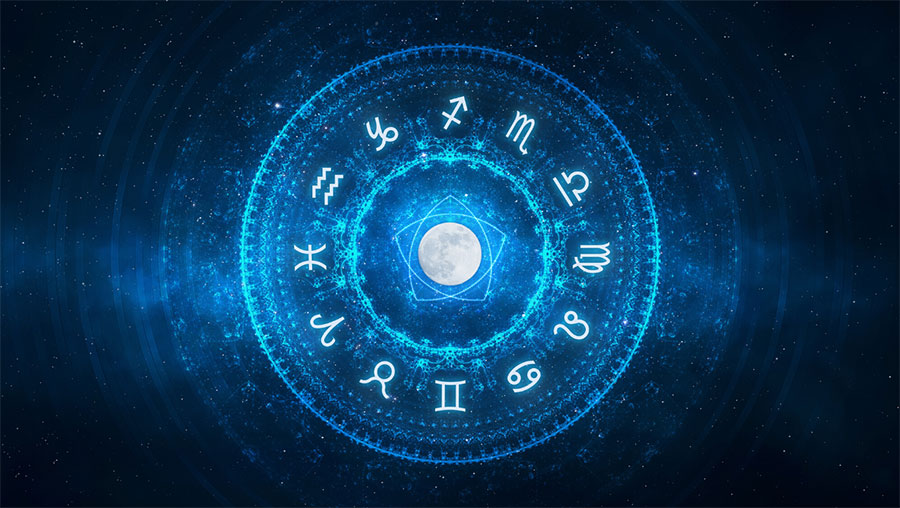Astrology is a fascinating subject, inspiring a sense of mystery and wonder. It involves the study of the stars and the planets system to predict and interpret celestial cycles and shifts as signs of divine communications.
Astrology is also an ancient study, dating back to civilisations as old as Mesopotamia. It has endured over thousands of years and cemented its place in modern times. People all over the world consult with astrologers for advice about their careers, ambitions, and even their relationships.
If you’re wondering how to find a career in astrology chart-making and consulting, you first have to understand it. Once you do, you can incorporate it with sciences like psychology for a more holistic approach. This can open even more doors for your future astrology career.
That being said, below are some of the most important things you need to remember about astrology. Consider this a quick astrology lesson!
Is Astrology a Science?
Astrology leans more toward metaphysics, which is the study of things beyond the physical. It’s similar to fengshui, which focuses on theories of energies and patterns. Astrology involves various facets of science and mathematics.
Early astrologers noted the constant and uniform movement of stars in the sky, but there were certain larger “stars” that did not specifically follow these patterns. These larger “stars” were eventually discovered and identified as planets. Astrologers also factored in the placements of the Sun and the Moon, resulting in a deeper and more detailed understanding of cosmic movement.
Over time, these early astrologers noticed similar patterns of behaviour from people who were born at particular times of the year. Using these patterns, they were able to make connections between one’s unique self and the picture of the heavens at the time of one’s birth. This picture of the sky at the exact moment a person was born becomes their horoscope.
What Is the Celestial Clock?
Imagine a regular clock. Replace the hands with stars and planets, and the numbers with millions of moments in time. This is the celestial clock. The planets and stars move around the face of the clock, while the moments in time (such as the day a person is born) remain fixed. Astrologers then interpret how the moving elements have influenced and continue to influence the non-moving elements in the clock.

What Are the Four Elements?
Astrology divides the twelve signs of the zodiac into four groups of three. These elements—air, earth, fire, and water—were believed to be the building blocks of the earth. In astrology, a zodiac sign’s element reflects its key nature. Here is a quick glimpse at the four elements and the signs associated with them.
- Air is lighthearted, curious, restless, independent, intellectual, and trusting. Gemini, Libra, and Aquarius are the air signs.
- Earth is responsible, reliable, practical, dependable, persevering, and cautious. The earth signs are Taurus, Virgo, and Capricorn.
- Fire is energetic, impulsive, courageous, powerful, passionate, and assertive. Aries, Leo, and Sagittarius are the zodiac signs governed by the fire element.
- Water is understanding, creative, emotional, spiritual, and compassionate. The water signs are Cancer, Scorpio, and Pisces.
What Is the Sun Sign?
Picture the twelve zodiac signs as the sections in a wheel. When you were born, the sun was in a specific section of the wheel—this is your sun sign and how you know in which zodiac you belong. It takes the sun one year to circle this wheel completely, but the exact dates vary by a day or two each year. Thus, there are some people who were born “on the cusp.” This means that their birth date was near the beginning or the end of a sign, and therefore they might have combined aspects of two zodiacs.
What Is the Ascendant?
A person’s ascendant or rising sign is the zodiac coming over the eastern horizon at the moment you were born. While the sun sign describes one’s individuality or essential self, the ascendant reveals personality. Astrology also associates one’s ascendant with how one’s individuality is “presented.” Thus, two persons of the same sun sign may still have different personalities due to their ascendants.
What Are the Ten Planets and the Houses?
The ten planets in astrology are Mercury, Venus, Mars, Jupiter, Saturn, Uranus, Neptune, Pluto, the Sun, and the Moon. These planets exert a strong influence in one’s life and also relate to different sides of one’s personality.
Meanwhile, the twelve houses are the areas of life in which the planets and the zodiac signs operate. These include things like relationships and money. Moreover, each house is ruled by a sign which is determined by the exact time of birth. The traditional rulers of the houses areas follows: first house: Aries, second house: Taurus, third house: Gemini, fourth house: Cancer, fifth house: Leo, sixth house: Virgo, seventh house: Libra, eighth house: Scorpio, ninth house: Sagittarius, tenth house: Capricorn, eleventh house: Aquarius, and twelfth house: Pisces.
The key thing to remember is that astrology is not a tool to predict the future. Rather, it can reveal certain likelihoods and patterns so that a person can adapt and respond. In the end, it’s still up to an individual to build their future.
